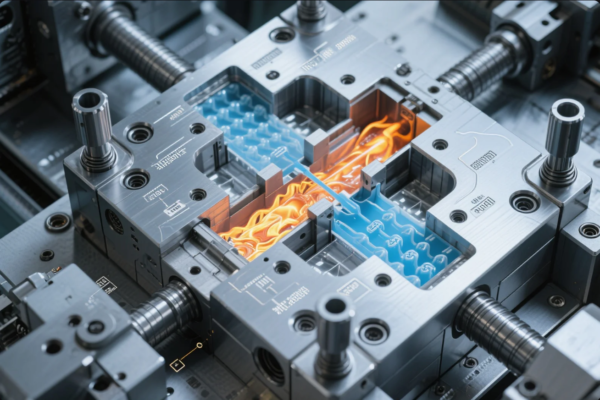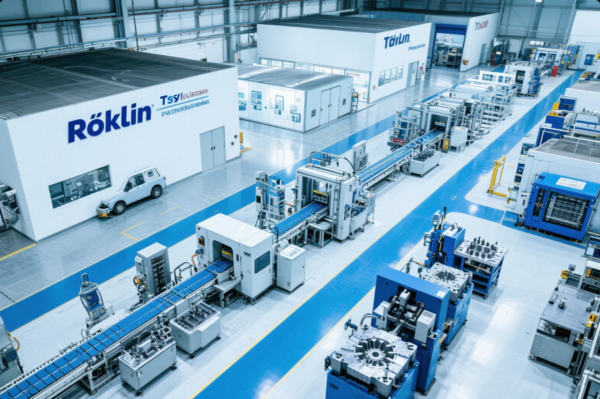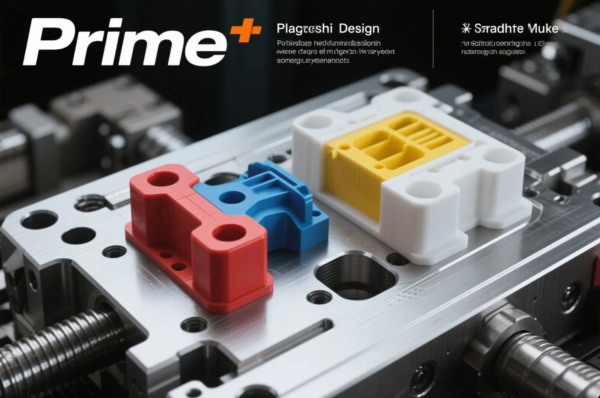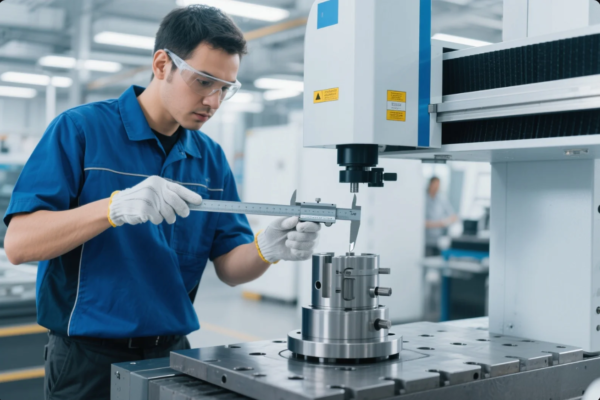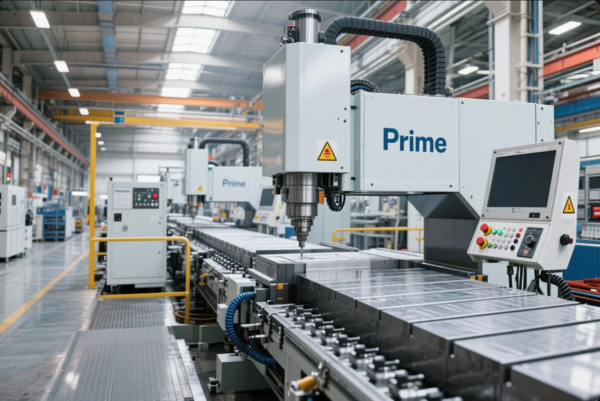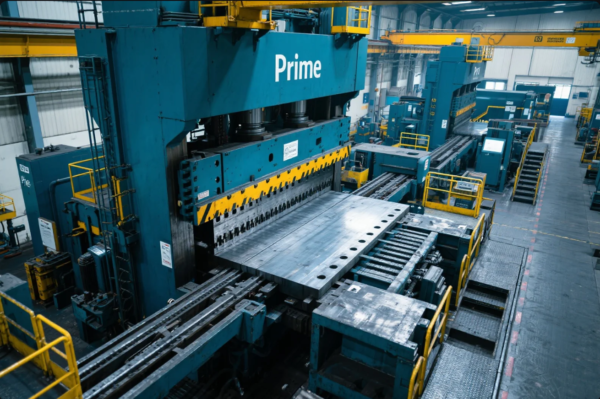Do You Need a License to Operate a CNC Machine?
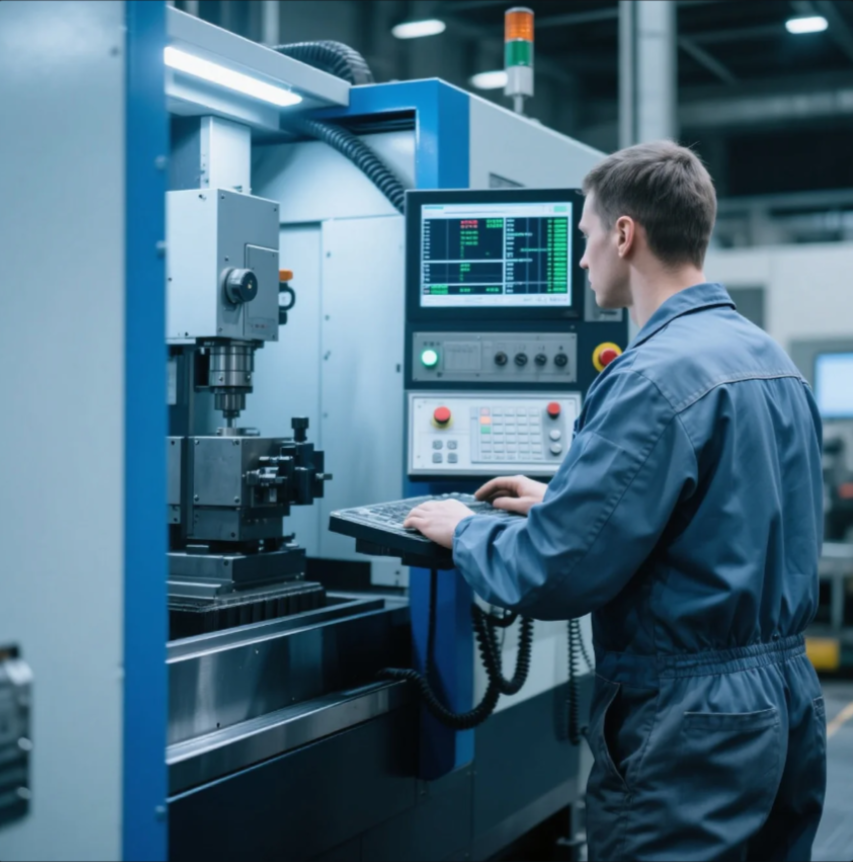
CNC (Computer Numerical Control) machines have become a cornerstone of modern manufacturing, but many people wonder: do you need a license to operate a CNC machine? While there are certain qualifications and certifications needed to operate CNC machines, you generally don't need a formal license. In this article, we’ll dive into the qualifications and skills required to run a CNC machine, what certifications are available, and what you need to get started in this field.
Snippet paragraph: While a formal license is not required to operate a CNC machine, certain skills, certifications, and experience are necessary. Let’s explore what you need to know to operate CNC machinery effectively.
Transition paragraph: Wondering who can operate a CNC machine and whether certification is necessary? Let’s take a closer look at the qualifications and skills required to work with CNC machines.
Who Can Operate a CNC Machine?
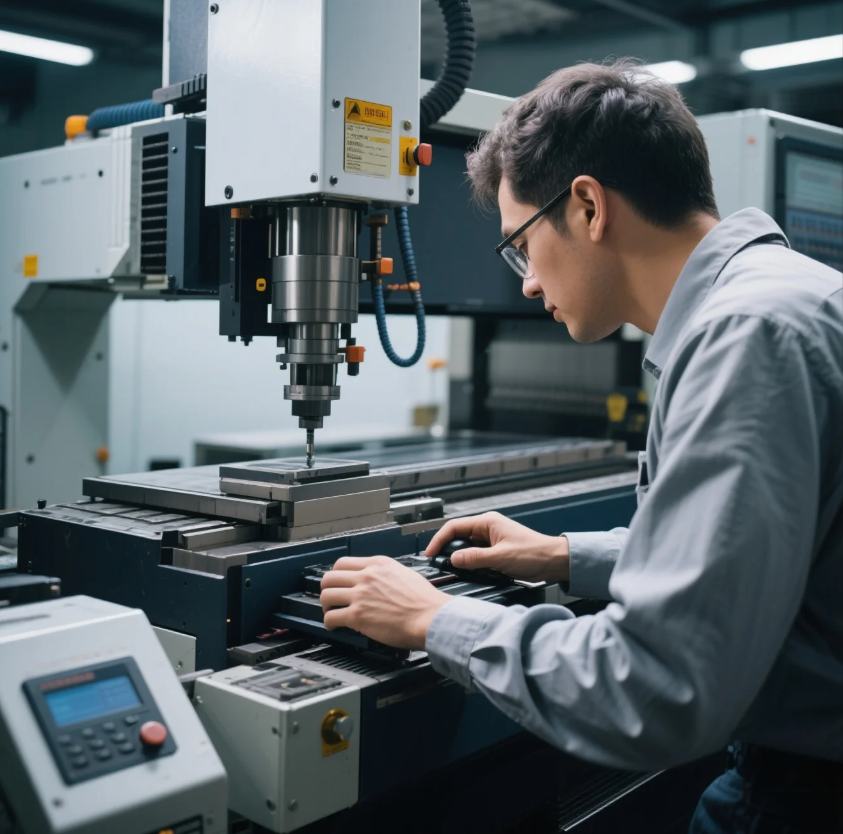
CNC machines are powerful tools used in manufacturing and production, but not just anyone can operate them. The primary requirement to operate a CNC machine is the appropriate knowledge and training to use the machine safely and efficiently.
Operators Who Can Use CNC Machines
- Trained Operators: Most CNC machines require operators to have specialized training. This includes knowledge of the machine's functions, how to load materials, and how to monitor and adjust settings.
- Experienced Workers: Many operators start as assistants or apprentices before gaining experience in running CNC machines. With enough hands-on training, they can take on more complex tasks and operate the machines independently.
- Hobbyists and Small Business Owners: Hobbyists and small business owners can also operate CNC machines, particularly if they are using smaller, desktop models. While certification isn’t required, some technical knowledge is needed to ensure safety and machine efficiency.
Age Restrictions and Regulations
While there are no specific age requirements for operating a CNC machine, operators must adhere to workplace safety regulations. In certain industries, like aerospace or medical device manufacturing, additional certifications or qualifications may be required to ensure quality standards are met.
Do You Need a Certificate to Be a CNC Operator?
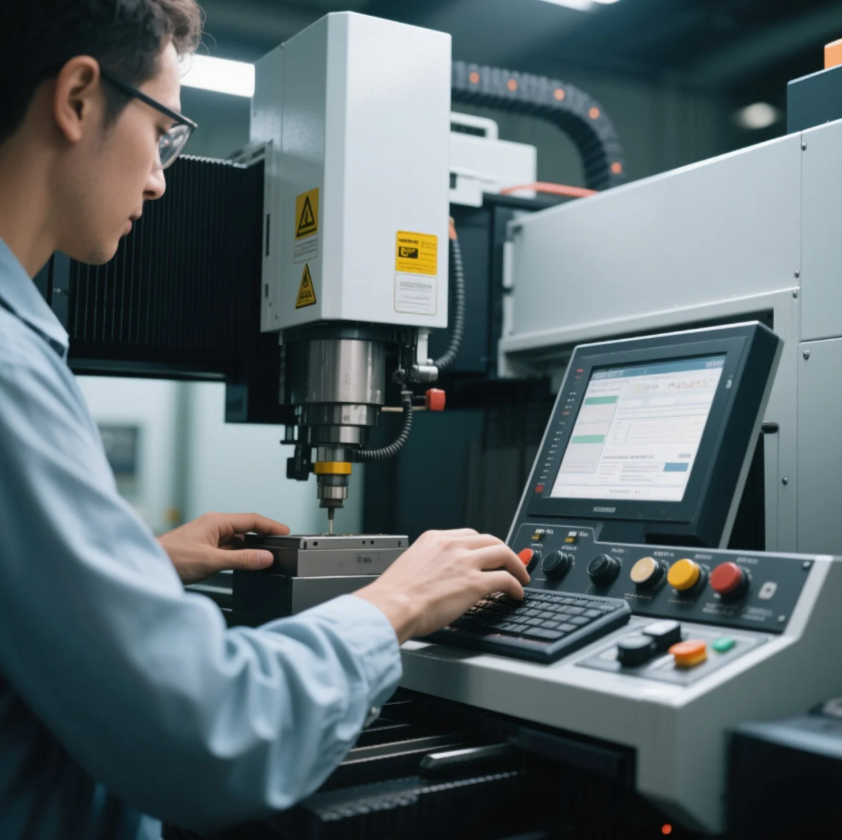
While a formal license is not required to be a CNC operator, obtaining certification can improve your job prospects and validate your skills. Certifications demonstrate that you have the necessary technical knowledge and can safely operate CNC machines, which can be beneficial for your career.
Certification Options for CNC Operators
- NIMS Certification: The National Institute for Metalworking Skills (NIMS) offers certifications for CNC operators. These certifications cover various areas of CNC machining, including operation, programming, and setup.
- CNC Programming Certification: Some programs specifically offer certifications in CNC programming, which can help operators become more versatile and qualify for higher-paying roles.
- Community College Programs: Many community colleges and vocational schools offer certification programs for CNC operators. These programs can vary in length and often include hands-on training.
Advantages of Certification
- Career Advancement: Certified operators often have better opportunities for advancement in their careers.
- Higher Salaries: Certification can increase earning potential by proving expertise in the field.
- Increased Job Security: Employers value certified workers who can operate CNC machines safely and efficiently, making certified operators more competitive in the job market.
What Do I Need to Run a CNC Machine?
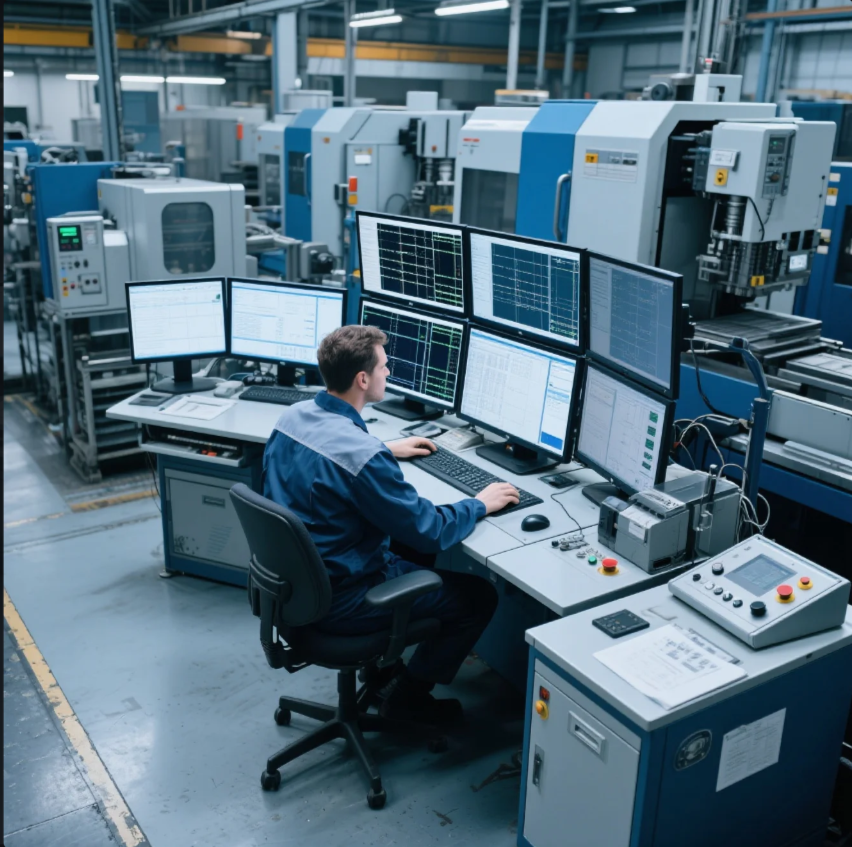
Running a CNC machine effectively requires more than just basic knowledge. To operate a CNC machine, you'll need a combination of technical skills, tools, and resources.
What You Need to Run a CNC Machine
- Training and Experience: As mentioned, formal training (such as a CNC operator program) and hands-on experience are essential for operating CNC machines. Training helps you learn how to read blueprints, set up the machine, and troubleshoot issues.
- Technical Knowledge: CNC operators should have a solid understanding of materials, measurements, and machining techniques. Knowledge of basic math and geometry is crucial to ensure precision in your work.
- Safety Equipment: Operating a CNC machine requires wearing appropriate personal protective equipment (PPE), such as safety glasses, gloves, and hearing protection, depending on the environment.
- CNC Machine and Software: You’ll need access to a CNC machine, along with the necessary software for programming and running the machine. Some CNC machines use proprietary software, while others are compatible with widely used programs like G-code.
Maintenance Knowledge
Maintaining a CNC machine is an important part of the job. Operators need to know how to perform basic maintenance tasks, such as cleaning and lubricating the machine, checking for wear, and changing tools when necessary.
What Do I Need to Be a CNC Operator?
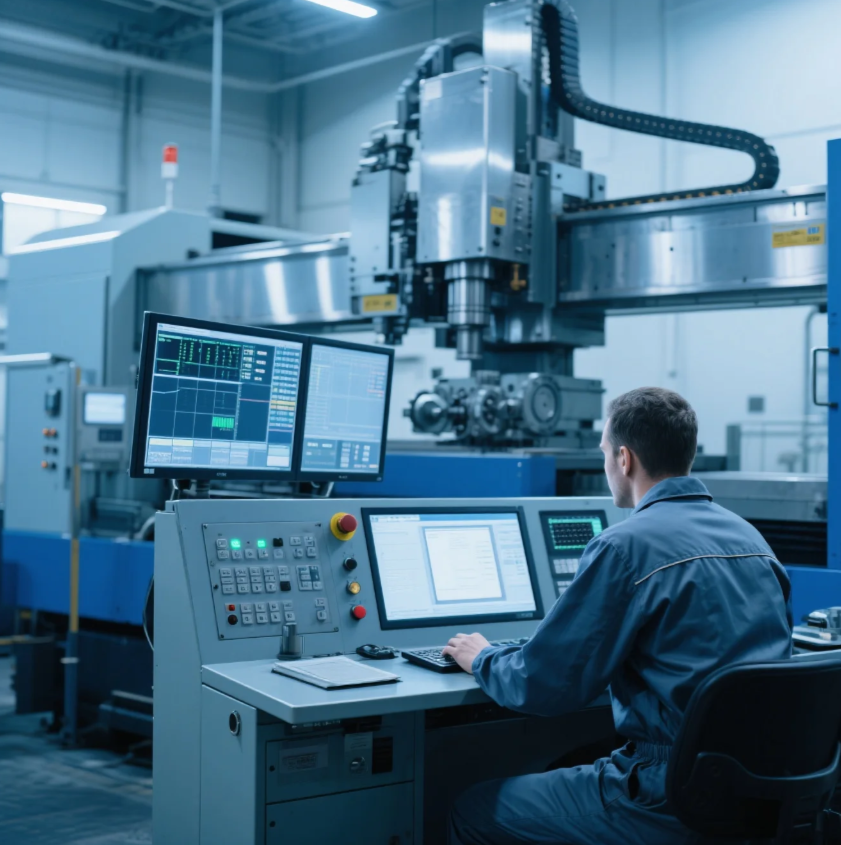
To be a CNC operator, you don’t need a formal license, but there are certain skills and qualifications that can help you succeed in the role.
Key Requirements for CNC Operators
- Educational Background: Most CNC operators need a high school diploma or GED. However, additional training or a degree in a related field, such as mechanical engineering or manufacturing technology, can be beneficial.
- Hands-On Training: While formal education is important, hands-on training is essential for becoming proficient in CNC operations. This can include learning to set up and operate CNC machines, read technical drawings, and perform basic troubleshooting.
- Attention to Detail: CNC operators must be detail-oriented to ensure that the parts they produce meet precise specifications. This includes double-checking measurements and making adjustments as necessary.
- Problem-Solving Skills: Operators should be able to identify and resolve issues that may arise during the operation of the machine. Whether it’s a programming error, mechanical problem, or material issue, strong problem-solving skills are essential.
Soft Skills for Success
- Communication Skills: Operators often work in teams and need to communicate effectively with other staff, including supervisors and maintenance teams.
- Time Management: CNC operators are responsible for managing their time efficiently to ensure deadlines are met and machines are running smoothly.
Conclusion
While you don’t need a formal license to operate a CNC machine, obtaining certifications, undergoing training, and gaining hands-on experience are key to becoming a proficient CNC operator. With the right qualifications and skills, you can start a successful career in CNC machining and open up opportunities for advancement in this growing field.
If you’re interested in learning more about CNC machining or need guidance on getting certified, contact Prime for expert advice, training resources, and high-quality CNC solutions. We’re here to help you succeed in the world of CNC machining!

